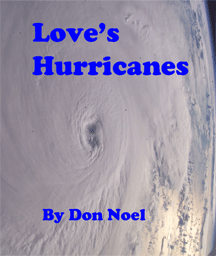We were well into the coronavirus shutdown when the idea came to me: 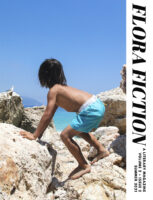 Suppose a couple came to a retirement community (like the one where I live) explicitly to enjoy — separately — the huge variety of activities offered. And then suppose the pandemic forced them into close quarters, on each other’s nerves?
Suppose a couple came to a retirement community (like the one where I live) explicitly to enjoy — separately — the huge variety of activities offered. And then suppose the pandemic forced them into close quarters, on each other’s nerves?
Flora Fiction, one of America’s literary magazines that still are printed as well as online, invited submissions for its Summer 2021 issue on the theme of ‘Freedom’. They had already published one of my earlier stories; this one sounded like a good fit. You can read it online ==>>here (but that gets you to a huge PDF for a cumbersome move to page 57, so) it’s probably easier to read ==>>here

 theme for Spring 2021 would be “Retrospect”, I had an entry already in mind. I find daily joy in an electronic picture frame daughter Emily prepared for Brad, and which is now mine. It has a lifetime’s photos in a thin package; I called the resulting piece “In Surreal Time”. You can read it now (command/control-plus will enlarge the type) in
theme for Spring 2021 would be “Retrospect”, I had an entry already in mind. I find daily joy in an electronic picture frame daughter Emily prepared for Brad, and which is now mine. It has a lifetime’s photos in a thin package; I called the resulting piece “In Surreal Time”. You can read it now (command/control-plus will enlarge the type) in  some second- or third-tier magazine likes it.
some second- or third-tier magazine likes it. here and there from the author’s own life. Even science fiction usually involves some very terrestrial human emotions.
here and there from the author’s own life. Even science fiction usually involves some very terrestrial human emotions. The Creativity Webzine, took only four days to snap it up and make it the lead piece in their March issue. You can read it
The Creativity Webzine, took only four days to snap it up and make it the lead piece in their March issue. You can read it 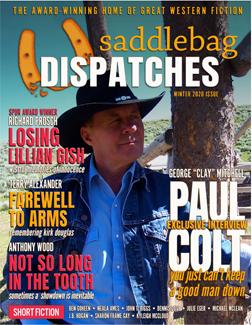 stories: The setting, often, and some of the characters.
stories: The setting, often, and some of the characters.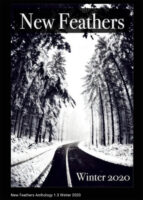
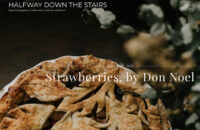 flood of memories, but it’s had a hard time seeing the light of day. It was accepted four years ago by The Violet Hour, a literary magazine that went defunct a few months later. When I finally figured that out, I sent the story off to another magazine called Aftermath. It, too, went out of business, although it took me long months to discover that my story was still homeless.
flood of memories, but it’s had a hard time seeing the light of day. It was accepted four years ago by The Violet Hour, a literary magazine that went defunct a few months later. When I finally figured that out, I sent the story off to another magazine called Aftermath. It, too, went out of business, although it took me long months to discover that my story was still homeless.



